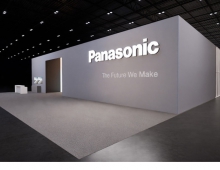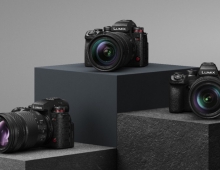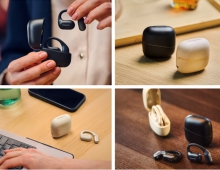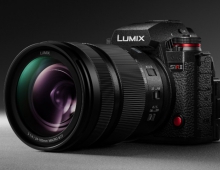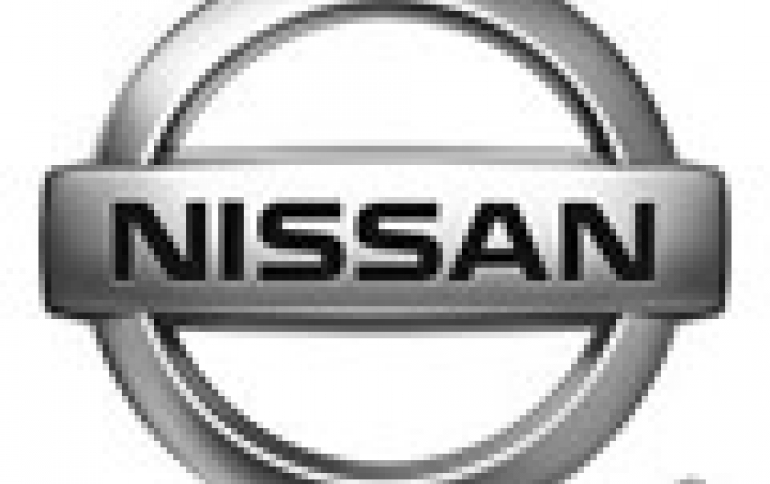
Nissan Said to Exit Battery Business
Nissan Motor's plans to withdraw from manufacturing batteries for electric and hybrid vehicles may change the industrial landscape and hand the advantage to competitors outside Japan. Nissan is looking to sell its 51% stake in Automotive Energy Supply, the manufacturing joint venture owned by the automaker and Japan's NEC. Nissan determined it will save money by switching to external suppliers, sources say. At 12%, Automotive Energy holds the second-highest global share in lithium-ion auto batteries, behind Panasonic.
Nissan leads the venture, so NEC is also leaning toward selling its 49% stake. NEC makes lithium-ion battery electrodes within the group separately from Automotive Energy.
Chinese and South Korean makers of lithium-ion car batteries are fiercely pursuing their Japanese counterparts. As these operations grow in scale, manufacturing costs go down. Nissan's exit may reshape the industry.
Though Panasonic supplies batteries to Tesla Motors, the U.S. maker of electric vehicles, the Japanese company's share has eroded amid encroachment by Chinese companies. Panasonic's 47% share held in 2014 apparently dwindled to 34% in 2015, data from Tokyo-based Techno Systems Research shows.
South Korean LG Chem also supplies batteries to General Motors and other customers, and has built a Chinese plant in 2015. Samsung SDI completed a factory in China last year. The firm counts Germany's BMW among its clients.

